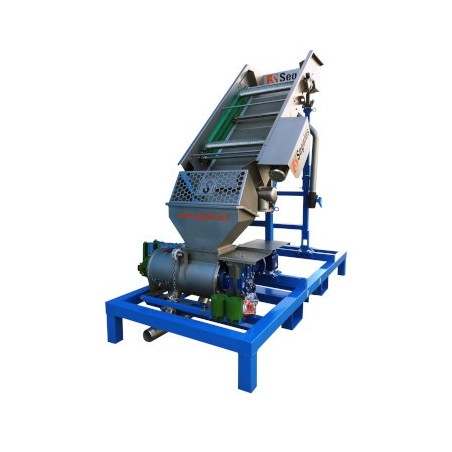According to the Rabobank report, "China’s pork supply chain emissions set to decline: Improved productivity will drive change," the Chinese pork supply chain presents new opportunities for greenhouse gas emissions reduction. This is due to restructuring and initiatives taken by both the government and the industry. China will develop a unique pathway to achieve its national sustainability goals in the pork supply chain, balancing food security and emissions reduction. Improving productivity is key. Scaled production and industrialization, investment in technologies for enhancing productivity and efficiency, and peaking market demand will collectively impact the industry’s carbon footprint.
Rabobank believes that emissions reductions in the pork supply chain will outpace national goals. They developed three emissions reduction scenarios related to changes in farming structure and efficiency improvements leading up to 2030. In these three projections, greenhouse gas emissions in the pork supply chain should decline by 5%, 20%, and 35%, respectively, by 2030 compared to 2022 levels. Based on what is currently happening in farm restructuring and technology development and adoption, Rabobank expects a 20% reduction to be the most likely scenario. This will outperform China’s national goal of reaching carbon peak by 2030.

October 2023/ Rabobank.
https://research.rabobank.com








